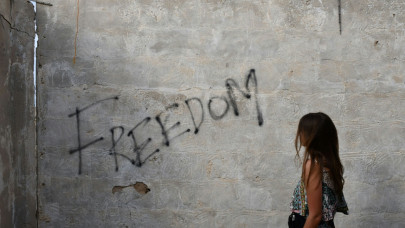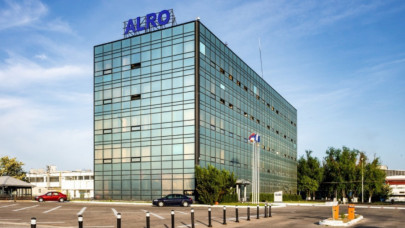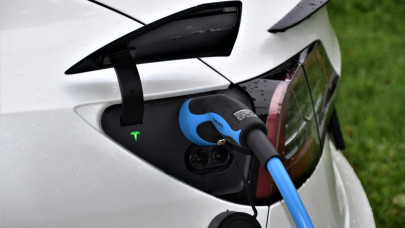These rules compel companies to address the negative effects of their operations on human rights and the environment, encompassing issues like slavery, child labor, labor exploitation, biodiversity loss, pollution, and natural heritage destruction. The requirement extends to both upstream partners involved in design, manufacture, transport, and supply, and downstream partners handling distribution, transport, and storage.
These regulations will affect EU and non-EU companies and parent companies with over 1000 employees and a turnover exceeding €450 million, as well as franchises with a turnover exceeding €80 million, provided at least €22.5 million was generated from royalties.
Companies will need to incorporate due diligence into their policies and risk management systems and develop a transition plan aligning their business model with the Paris Agreement's 1.5°C global warming limit. The transition plan should outline time-bound climate change targets, key actions to achieve them, and the necessary investments to implement the plan.
Non-compliant firms will be held liable and required to fully compensate their victims. They must also establish complaint mechanisms and engage with affected individuals and communities.
Member states will appoint a supervisory authority responsible for monitoring, investigating, and imposing penalties on non-compliant companies, including fines of up to 5% of their net worldwide turnover. Foreign companies must designate an authorized representative in the member state where they operate to communicate with supervisory authorities regarding due diligence compliance. The European Network of Supervisory Authorities will facilitate cooperation among supervisory bodies.
Upon formal approval by the European Parliament and member states, the directive will come into effect on the twentieth day following its publication in the EU Official Journal.
The Commission proposal introduced on February 23, 2022, aligns with the European Parliament's 2021 call for mandatory due diligence legislation. It complements other existing and forthcoming legislative acts, such as the deforestation regulation, conflict minerals regulation, and the draft regulation prohibiting products made with forced labor.














